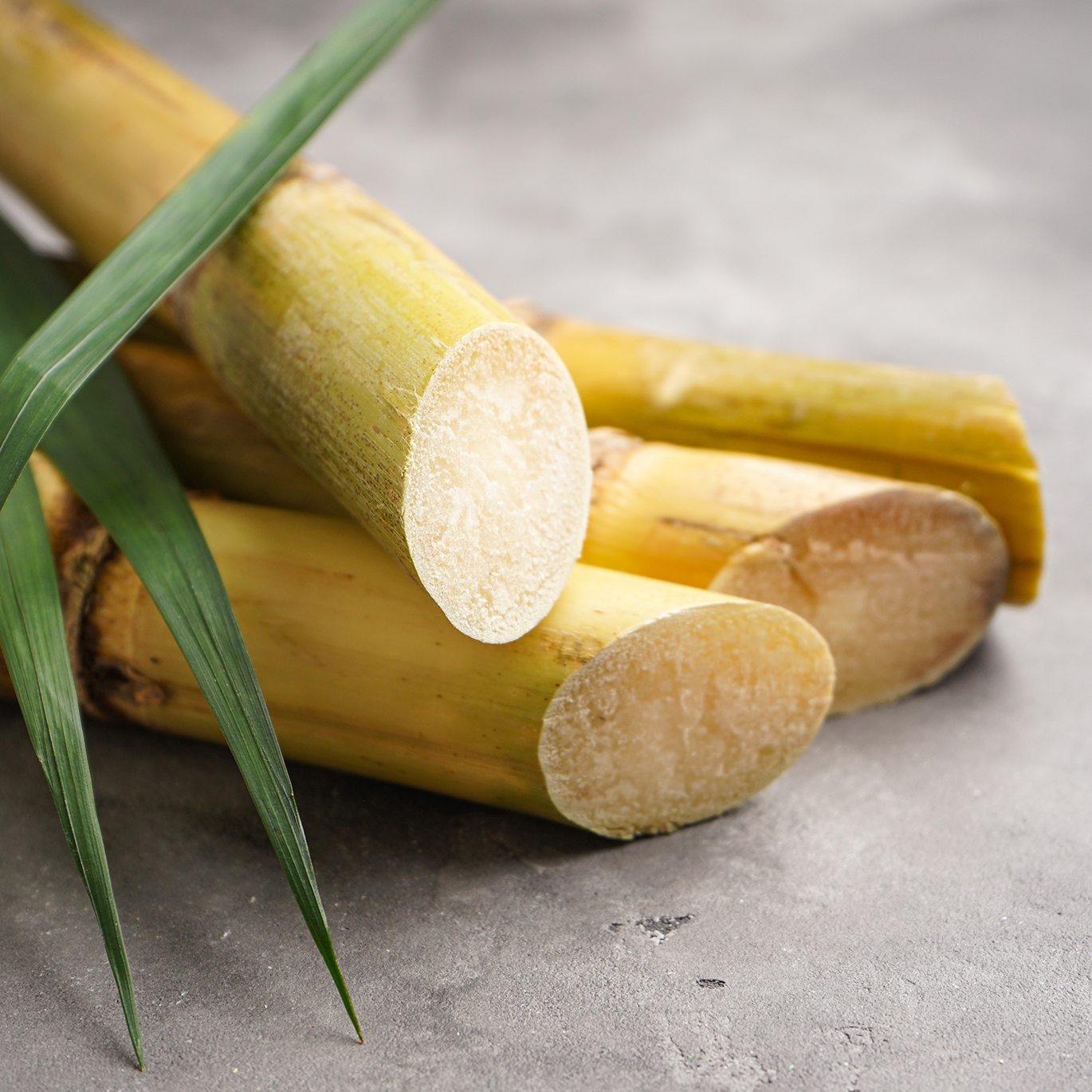Why Walking Cane Sugar Processing Chemicals Are Vital for Modern Sugar Refining
The role of walking cane sugar handling chemicals in contemporary sugar refining can not be overstated, as they are essential to improving both the effectiveness of extraction and the overall high quality of the final product. Agents such as phosphoric acid and particular flocculants are used to get rid of impurities, resulting in sugar that not just satisfies customer expectations but likewise adheres to industry criteria.
Duty of Processing Chemicals
The efficacy of walking cane sugar handling hinges considerably on the calculated application of processing chemicals. These chemicals play a crucial function in enhancing the performance and top quality of sugar removal and refining. From the preliminary phases of juice extraction to the final filtration steps, processing chemicals promote various important operations.
In the removal stage, chemicals such as phosphoric acid and calcium hydroxide are employed to maximize the explanation process, helping to eliminate contaminations and suspended solids from the cane juice. This not only improves the return but likewise ensures the clearness of the end product. Additionally, representatives like flocculants help in the rapid settling of contaminations, thus improving the overall procedure.
As the handling developments, chemicals are made use of in decolorization and crystallization phases. Activated carbon and ion exchange resins offer to get rid of shade and odor, ensuring that the refined sugar fulfills customer quality standards. Ultimately, the function of handling chemicals extends beyond functional efficiency; they significantly influence the sensory characteristics of the end product, adding to market competitiveness. Thus, the precise option and application of these chemicals are essential for accomplishing ideal results in walking stick sugar handling.
Secret Sorts Of Chemicals
Walking cane sugar handling depends on a selection of essential chemicals that help with each phase of manufacturing. These chemicals play necessary functions in clarifying, lightening, and cleansing the sugar extracted from cane.
One key group of chemicals includes flocculants, such as polyacrylamide, which aid in the explanation procedure by promoting the aggregation and settling of contaminations. Furthermore, calcium hydroxide is usually utilized to neutralize acidity and aid in the removal of non-sugar parts.
Bleaching representatives, such as activated carbon and sulfur dioxide, are utilized to decolorize the syrup, causing a clearer end product. These chemicals assist eliminate shade compounds that may impact the sugar's look and marketability.
Furthermore, phosphoric acid offers as a pH regulatory authority during the handling phases, guaranteeing optimum conditions for the enzymatic activities included in sugar removal and filtration.
Various other vital representatives consist of edta (ethylenediaminetetraacetic acid), which chelates metal ions that can militarize undesirable reactions, and sodium hydroxide, which helps in pH control throughout the refining procedure. Collectively, these chemicals improve effectiveness and guarantee a high-quality cane sugar item.
Advantages for Sugar High Quality
Typically ignored, making use of certain processing chemicals considerably enhances the overall quality of cane sugar. These chemicals play a critical function in refining processes, guaranteeing that the final product satisfies rigorous sector criteria for purity and preference.

Furthermore, processing chemicals aid in attaining a regular granulation and structure, which are important for customer approval. By regulating the formation process, these chemicals ensure that the sugar crystals develop uniformly, leading to an extra attractive item that dissolves well in numerous applications.
In addition, making use of these chemicals can boost the service life of cane sugar by minimizing dampness absorption and microbial growth. On the whole, the calculated application of processing chemicals is important for supplying premium cane sugar that fulfills consumer assumptions and industry needs.
Environmental Impact Factors To Consider

In addition, the energy-intensive nature of sugar refining, intensified by chemical use, frequently causes increased carbon exhausts. This contributes to climate change and elevates problems regarding the sustainability of present refining methods. In addition, the sourcing of these chemicals may involve techniques that endanger biodiversity, such as monoculture farming, which reduces the strength of farming communities.

To reduce these effects, sugar refiners are increasingly exploring sustainable options and taking on ideal techniques that minimize chemical usage. Executing extensive ecological administration systems can assist make certain that the refining procedure lines up with ecological criteria and promotes biodiversity. Eventually, a More hints well balanced approach that prioritizes both sugar high quality and environmental stewardship is essential for the long-lasting feasibility of the sugar sector.
Future Trends in Refining
As the sugar sector grapples with the ecological challenges connected with conventional refining methods, innovative techniques are arising to improve both efficiency and sustainability. One substantial trend is the adoption of eco-friendly chemistry principles, which prioritize the use of safe, eco-friendly handling chemicals. This change not just minimizes environmental influence but likewise addresses consumer demand for cleaner manufacturing techniques.
An additional encouraging growth is the application of innovative filtration innovations, such as membrane layer separation and adsorption procedures. These strategies boost the clarity and top quality of the sugar while reducing the volume of wastewater created during refining. Additionally, the assimilation of electronic innovations, including IoT and AI, is changing operational performance by making it possible for real-time tracking and predictive upkeep, thus lessening resource waste.
Furthermore, the usage of spin-offs from sugar refining, such as bagasse and molasses, is gaining grip. These products can be exchanged biofuels or value-added items, adding to a round economy within the industry. Collectively, these fads signify a change in the direction of even more sustainable practices that not just improve operational effectiveness however also straighten with global sustainability goals, ensuring the future stability of sugar refining.
Verdict
Walking cane sugar processing chemicals are important in modern-day sugar refining, considerably enhancing the performance and top quality of sugar extraction. The calculated use of these chemicals not just enhances the pureness and taste of the last item yet likewise makes sure regular crystallization and texture. As the market increasingly focuses on sustainability, the fostering of environmentally-friendly you can try this out handling representatives is most likely to form future fads in refining, eventually causing better items and expanded service life for consumers.

Inevitably, a balanced strategy that prioritizes both sugar high quality and ecological stewardship is crucial for the long-lasting stability of the sugar market.
Cane sugar handling chemicals are vital in modern sugar refining, significantly enhancing the efficiency and high quality of sugar removal.